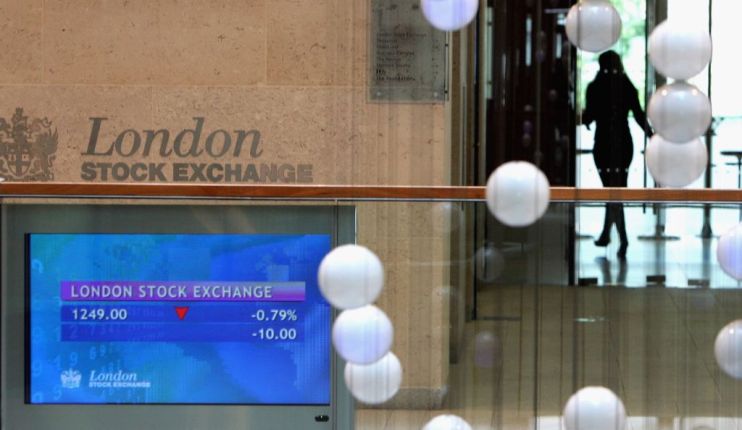Chill out about Hong Kong’s bid for the London Stock Exchange

The London Stock Exchange is under siege.
Despite initially rebuffing an unsolicited £32bn takeover bid from its counterpart in Hong Kong, it is expected to face an improved offer in a matter of days.
There has, inevitably, been a clamour for the UK government to intervene to block the bid. Many of those opposing the deal are raising concerns about a leading City institution coming under the sway of Beijing. For some, this would be an issue at any time – but it is particularly resonant given that China’s actions within Hong Kong itself are coming under such scrutiny.
No doubt pressure is also being applied by the US government, given that hundreds of billions of dollars are processed by the London group and that President Trump is embroiled in an ongoing trade war with the Chinese state. One would assume that he would not be keen for such a prominent western asset to fall into Chinese hands.
The London Stock Exchange itself appears to be eager to enlist the UK government’s help to resist these unwanted advances. In his initial rejection letter, the LSE’s chair Don Robert pointed to the Hong Kong Exchange’s “unusual board structure” and noted that the “relationship with the Hong Kong government will complicate matters”.
Politicians are clearly taking these concerns seriously. Before the weekend, a government spokesperson was quoted as saying that “the London Stock Exchange is a critically important part of the UK financial system… the government and the regulators will be looking at the details closely”.
But is it really appropriate for the government to act in this case?
Our government can intervene in mergers and acquisitions on public interest grounds through powers granted by the 2002 Enterprise Act. The most likely justification for intervention is on national security grounds, though they can also intervene to ensure that there is “financial stability”.
But it is far from clear that either of these concerns are being breached through this takeover attempt.
The London Stock Exchange is, undoubtedly, an important institution – but it should not be considered in the same breath as our utilities or telecommunications networks.
These are critical pieces of national infrastructure upon which the whole country relies.
The LSE – like bourses all around the world – is a capital-raising structure that is all too used to international ownership structures and operations.
That much is clear in the approach of the LSE itself, which owns the Italian stock exchange and is currently undertaking its own takeover attempt, offering $27bn for Refinitiv, which would allow it to become a global giant in data. The LSE’s shareholder base is also global, with the Qatari Sovereign Wealth Fund its biggest single owner.
The Hong Kong exchange is just as international in its operations and outlook. Although its government is its largest shareholder, it only owns six per cent of the shares, with the rest in the hands of BlackRock, Fidelity, and other international institutions.
You can decry and deplore the actions of the Chinese government in Hong Kong without seeing the exchange itself as an instrument of Beijing’s state diplomacy.
You might think from all of this that I believe Hong Kong should get a clear run at the LSE. On the contrary. This hostile takeover should be firmly rejected – but not on national security grounds or to protect an asset vital for the UK’s prosperity.
It should be rejected because it is bad for shareholders, wrong-headed in its strategy for the LSE, and, as Robert puts it, “fundamentally flawed”.
The question posed by this takeover attempt is not so much about ownership or control, but about where the future of the LSE lies. The proposal put forward by the Hong Kong exchange is predicated upon the LSE dropping the Refinitiv bid and no longer entertaining its ambitions to become a global data player.
In the midst of so much Brexit uncertainty, the UK government needs to show that it is open to international investment.
Over many years, we have cultivated a reputation for being a secure and enthusiastic recipient of foreign investment. Now would be the worst possible time to show that we are anything short of unstinting in our commitment to that principle.
There are plenty of good reasons for saying no to the Hong Kong exchange’s takeover bid – but it is the LSE’s investors who should be rejecting these advances, not the British government.
Main image credit: Getty